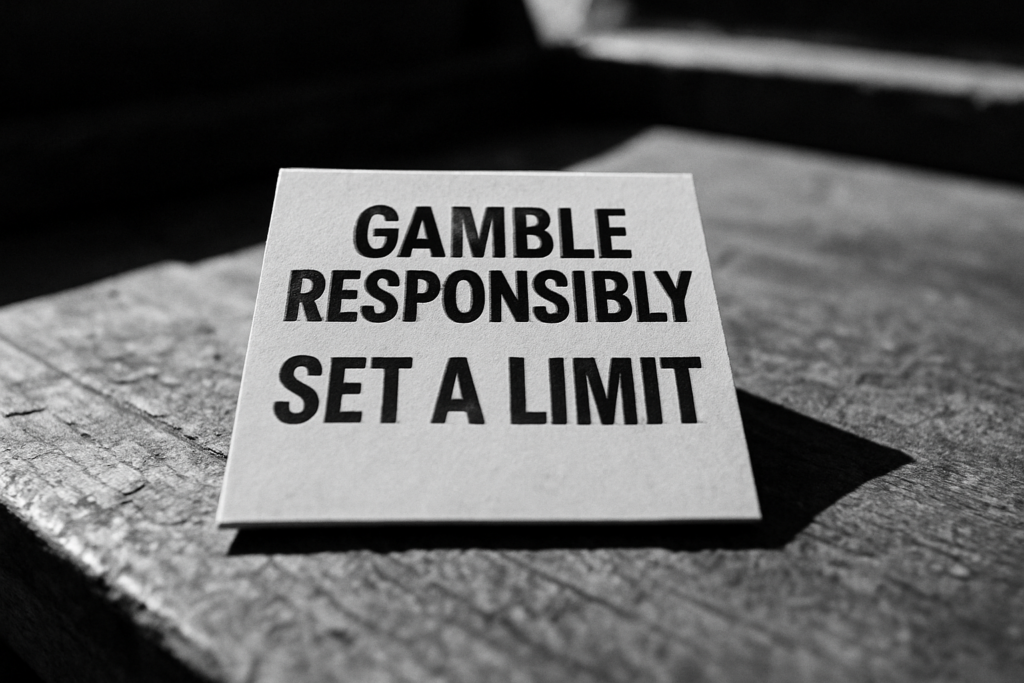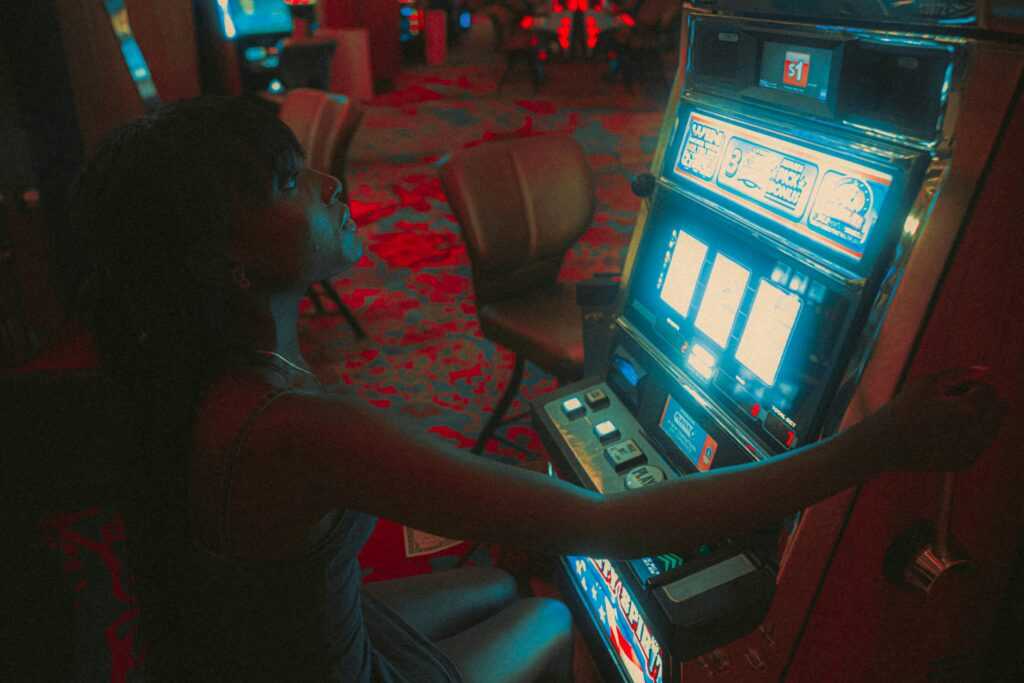Understanding Responsible Gambling
Responsible gambling ensures that players engage in gaming activities safely without harmful consequences. It emphasizes maintaining control over gambling habits, setting limits, and making informed decisions. Casinos support these principles by implementing strategies that encourage safe practices.
Educational programs provide players with;
- information on risks
- self-assessment tools
- protective measures
These programs highlight the importance of moderation through workshops, campaigns, and digital materials. Self-exclusion programs allow players to voluntarily block access to gambling platforms for specified periods. This option helps individuals who struggle with maintaining control.
Deposit limits enable players to cap their daily, weekly, or monthly spending. By setting these boundaries, casinos assist in preventing excessive gambling.
Employee training equips staff with skills to identify problematic gambling behaviors and offer support. Casinos use these initiatives to create a responsible gambling environment.
Responsible gambling integrates player well-being into casino operations, enhancing accountability in the gambling industry.
Strategies Casinos Use To Promote Responsible Gambling
Casinos adopt proactive measures to encourage responsible gambling and minimize harm. These strategies integrate technology, policy, and education to create a safer gaming environment.
Self-Exclusion Programs
Many casinos implement self-exclusion programs, allowing players to voluntarily restrict their access to gambling activities. Through these programs, individuals can block themselves from entering physical casinos or online gambling platforms for specified durations, ranging from 6 months to a lifetime. Operators maintain robust databases to enforce these exclusions effectively.
Setting Deposit and Time Limits
Players can manage gambling habits by setting personalized deposit or time limits. Casinos offer tools enabling users to cap spending or restrict playtime per day, week, or month. For example, online platforms might send alerts or lock accounts once a player reaches a predefined threshold, reinforcing control.
Providing Educational Resources
Casinos prioritize education by sharing resources on gambling risks and healthy gaming practices. Many provide access to brochures, infographics, and videos on topics like odds awareness and recognizing addiction signs. Some casinos collaborate with external organizations to deliver workshops or campaigns that amplify the impact.
The Role Of Technology In Promoting Responsible Gambling

Technology plays a significant role in enhancing responsible gambling practices within the casino industry. Innovative solutions provide tools to monitor behavior, promote healthy habits, and engage players more responsibly.
Use Of AI To Monitor Gambling Habits
- Casinos use AI algorithms to detect potential gambling issues by analyzing player behavior patterns.
- AI identifies risks based on changes in spending, frequency of play, and emotional triggers, such as chasing losses.
- A sudden spike in gambling activity or increased intensity may prompt the system to intervene by notifying casino staff or sending automated messages to the player, encouraging reflection.
- AI also fine-tunes personalized tools like deposit limits by providing data-driven insights.
Implementation Of Gamification Features
Gamification techniques enhance responsible gambling by integrating engaging features that encourage moderation. Leaderboards, achievements, and rewards for maintaining healthy limits create positive reinforcement for responsible gaming. Casinos offer tailored challenges, such as staying within predefined budgets for a set period, fostering control over gambling behavior. These features use motivational design elements to prioritize entertainment while emphasizing safe practices. Platforms also integrate educational nudges within games to raise awareness of risks without disrupting the player experience.
Collaboration With Organizations And Support Groups
Casinos actively collaborate with various organizations to foster responsible gambling practices. By partnering with support groups and funding critical initiatives, they strengthen their efforts to address gambling-related challenges.
Partnering With Gambling Addiction Helplines
Casinos regularly partner with gambling addiction helplines to provide direct assistance to players in need. These helplines, such as the National Problem Gambling Helpline in the US, offer confidential advice and resources 24/7. I include helpline information prominently on websites, game interfaces, and physical locations to ensure easy access for players. These partnerships also facilitate staff training, equipping employees with the knowledge to recognize signs of gambling addiction and refer individuals to appropriate services.
Funding Research And Awareness Campaigns
Casinos allocate funds to research initiatives that study gambling behaviors and addiction triggers. Universities and specialized institutions often receive support to deepen understanding and develop intervention strategies. I also invest in awareness campaigns designed to educate the public about the risks of gambling and encourage early problem recognition. Through media outreach, digital content, and in-casino materials, I help spread critical messages about maintaining control and seeking help if necessary.



 Sarah Guerra – Responsible Gambling Advocate
Sarah Guerra is a leading voice in responsible gambling, advocating for safer and more ethical gaming practices as part of her role at Gamble Wise Roll. With a background in psychology and gambling regulation, she is committed to raising awareness about the importance of harm reduction strategies, self-exclusion tools, and mental well-being in gaming. Through her articles and research, Sarah educates players about setting limits, recognizing signs of problematic gambling, and making informed choices when engaging with betting platforms. She also collaborates with industry stakeholders to encourage responsible gaming policies and initiatives. Her work ensures that Gamble Wise Roll remains a champion of balanced and mindful gambling experiences, emphasizing enjoyment without risk.
Sarah Guerra – Responsible Gambling Advocate
Sarah Guerra is a leading voice in responsible gambling, advocating for safer and more ethical gaming practices as part of her role at Gamble Wise Roll. With a background in psychology and gambling regulation, she is committed to raising awareness about the importance of harm reduction strategies, self-exclusion tools, and mental well-being in gaming. Through her articles and research, Sarah educates players about setting limits, recognizing signs of problematic gambling, and making informed choices when engaging with betting platforms. She also collaborates with industry stakeholders to encourage responsible gaming policies and initiatives. Her work ensures that Gamble Wise Roll remains a champion of balanced and mindful gambling experiences, emphasizing enjoyment without risk.
